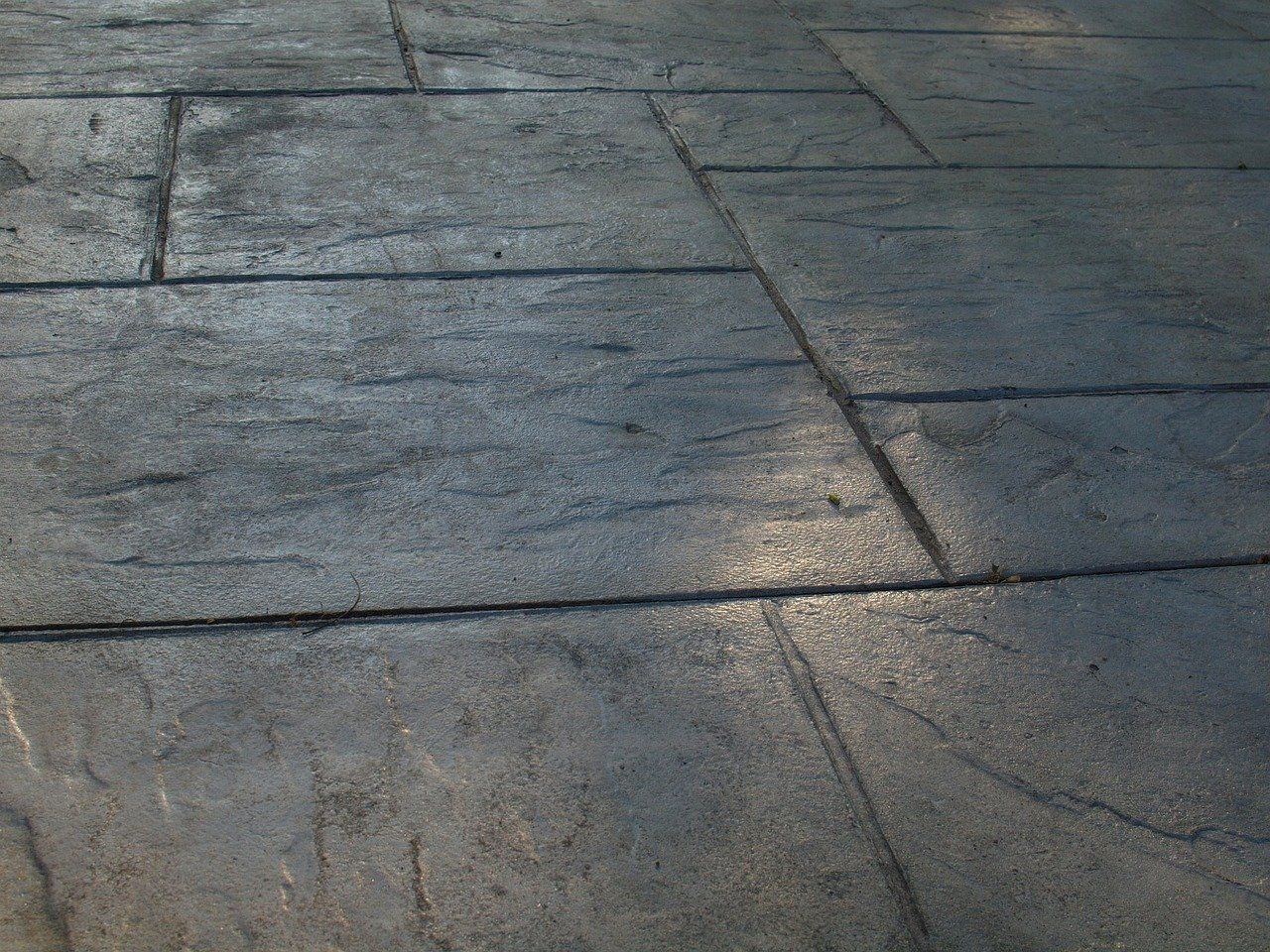Concrete Sealing, Lincoln, NE
Concrete Sealing | C&C Contractors
WHAT IS CONCRETE SEALING?
Over time, you may notice that your concrete is slowly deteriorating and flaking away. You may also notice persistent stains, particularly in the garage, where a small oil drip can linger indefinitely. This is why sealing your concrete is the ideal solution, as it not only strengthens the concrete but also increases its resistance to stains.
Polished and decorative concrete floors are gaining popularity. They are visually appealing, long-lasting, and low-maintenance. However, having the floors correctly installed and professionally sealed is part of their simple maintenance.
Concrete sealing can be done in a variety of ways, and while it is possible to do it yourself, the results of a floor sealed by a professional concrete technician not only provide a perfect finish but also remove all guesswork from the equation.
LET'S LOOK AT THE STEPS INVOLVED IN CONCRETE SEALING.
Get rid of everything in the area.
Whether you are sealing the concrete in the garage, driveway, or indoors, you must remove everything from the area and stack it elsewhere. Because you don't want to be moving things around once the sealing starts, for up to a week, you'll need to find a temporary home for the furniture or equipment.
Sweep and clean the floor.
Before cleaning up any spills or stains, remove any major dirt and debris. Remove any excess dirt with a broom or leaf blower.
On grease stains, use mineral spirits and scrub with a brush. If you don't remove all of the grease, dirt, and cleaning residue with towels, the sealer won't stick to the concrete properly. Allow the floor to dry completely after a final mop.
Utilize a concrete cleaner.
Spray or pour a concrete cleaner onto the concrete, such as phosphoric acid masonry cleaner, and scrub thoroughly with a broom. Before moving on, make sure to rinse it with a hose and allow it to dry completely.
Repair any concrete cracks.
Do you have floor cracks that have been bothering you for a while? Now is the time to fill in the blanks. Fill in the cracks with something like caulk and smooth them out with a trowel. But, once again, wait for everything to dry completely before proceeding. It's worth checking the caulk packaging to see how long the caulk takes to cure.
Select your sealer
Now comes the exciting part: selecting your sealer. Topical sealers are classified into three types: epoxy, acrylic, and polyurethane. These are spread, sprayed, or rolled onto the surface of the concrete and adhered to the floor, forming a protective top layer. We will investigate these possibilities.
• Acrylic
Acrylic sealers are inexpensive and can be water-based (better for indoor use) or solvent-based (better for outdoor use) (better for outdoors as they are flammable and emit toxic fumes). Water-based acrylic is simple to apply but may alter the color of the floor. Although solvent-based acrylic produces a deeper, more transparent finish, it has a strong odor. Overall, acrylic sealer does not protect the concrete as well as other sealers against oil and grease stains, and it requires two coats to be effective.
• Epoxy
Epoxy sealers are long-lasting and resistant to grease stains. The only issue is that you'll need to combine two parts and get it down on the floor before the epoxy dries. If you want to change the color of your concrete, you can get epoxy seals in a variety of colors.
Epoxy is the recommended sealer because it is impermeable to liquids, abrasion-resistant, and can withstand heavy foot traffic. It will also last for several years before needing to be reapplied.
• Polyurethane
Polyurethane sealers can be used both inside and outside and form a highly protective layer over the concrete. The coating is nearly twice as thick as acrylic, is durable, and has UV protection. Polyurethane, on the other hand, has a long curing period and is extremely sensitive during this time.
Polyurethane, which comes in matte, semi-gloss, and glossy finishes, can be applied over most
other sealers.
For concrete sealing, we also have penetrating sealers. These sealers penetrate the pores of the concrete and cause a chemical reaction that hardens and strengthens it.
They will not, however, make the concrete darker or more glossy because they are invisible. Penetrating sealers (often silane and siloxane) protect concrete from liquids and abrasion and are sometimes used in conjunction with topical sealers.
Use a hand brush, a paint pad, or a rolling brush to apply the paint.
Apply the sealer with a paintbrush in even strokes along the edges of your space. After pouring the sealer into a painting tray, dip a paint pad or rolling brush into the tray and begin sliding the sealer along the edges you just painted. Apply the sealer in single, even layers across the floor, making sure there are no puddles. Make sure to cover the entire floor.
Allow the sealer to dry.
Make sure you read the instructions on how long the sealer needs to dry. It could take one day to walk on the concrete and up to four days to drive on it.
If necessary, apply a second coat.
As previously stated, some sealers, such as acrylics, may require a second coat before they are durable. Furthermore, applying a second coat will ensure that you have even coverage. However, before applying another layer, make sure the first one is completely dry.
Select a seasoned concrete sealer.
Because it is less expensive, many homeowners prefer to do their own home repairs. However, if you are not a skilled and trained professional, you should seek the services of a professional, particularly when it comes to sealing your concrete.
With so many different products on the market, how do you know which one will be the most effective? And how do you know if you're up to the task? Most likely, you don't. Professionals, on the other hand, will know exactly what products and materials you require and how to use them.
Consider this: a professional concrete sealer performs this type of work on a daily basis. They can do the job quickly and efficiently, from repairing cracks to knowing the best sealers for the job to leave a long-lasting impression on your floor.
C&C Concrete Contractors' highly trained technicians can repair damaged concrete without replacing the entire slab. They will also be able to properly treat your concrete for the best sealer adhesion. They have access to high-quality products that will keep your concrete looking great for years without cracking or damage from the elements.
Our
concrete sealing services will ensure that your finished product is exactly what you expected. So, if you want that great, long-lasting sealed concrete, get in touch with us and let us know how we can assist you.

C&C Concrete Contractors
Navigation
Navigation
Services
Working hours
- Mon - Sat
- -
- Sunday
- Closed
Copyright C&C Concrete Contractors | Proudly Powered by Snapps
